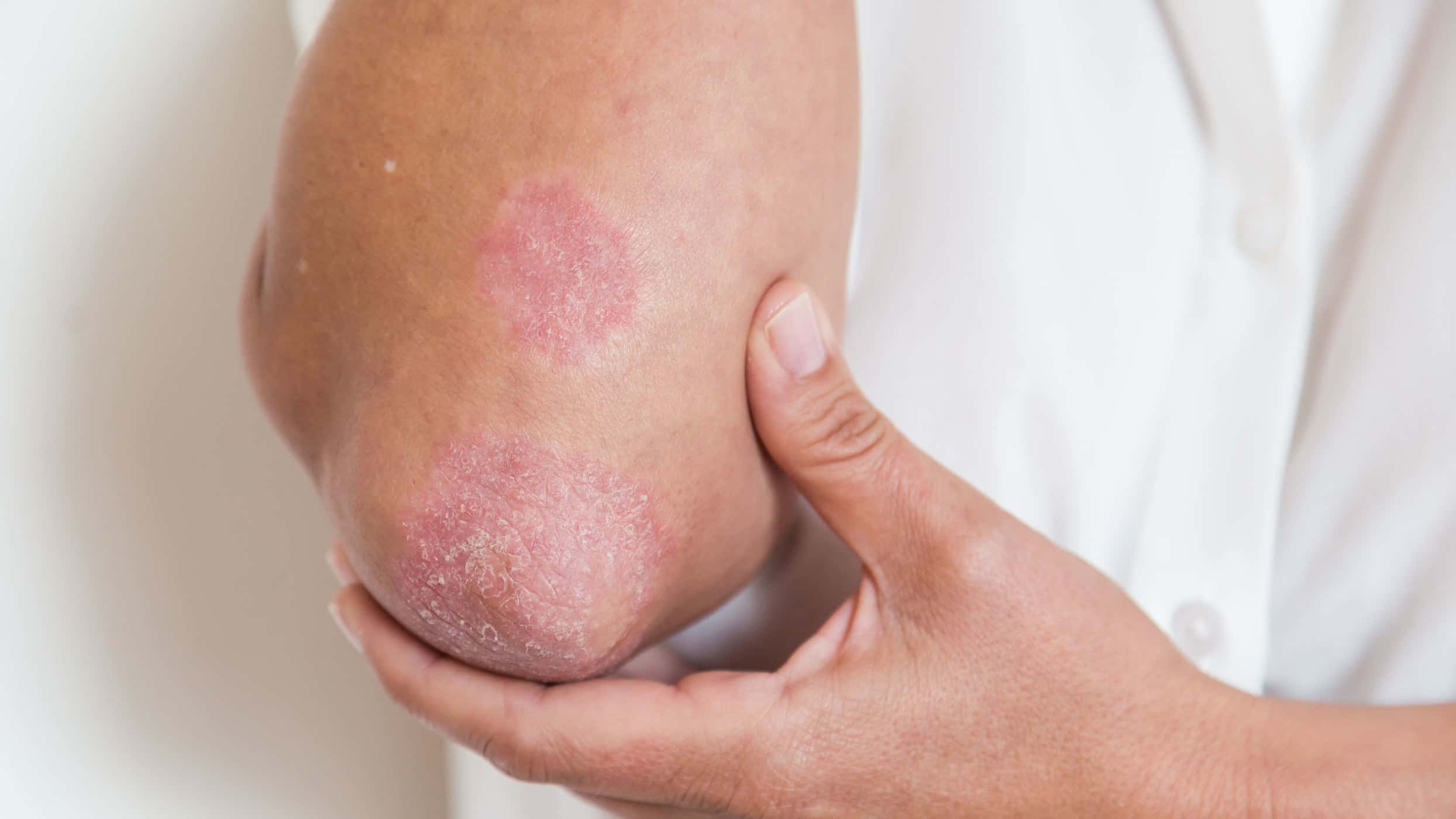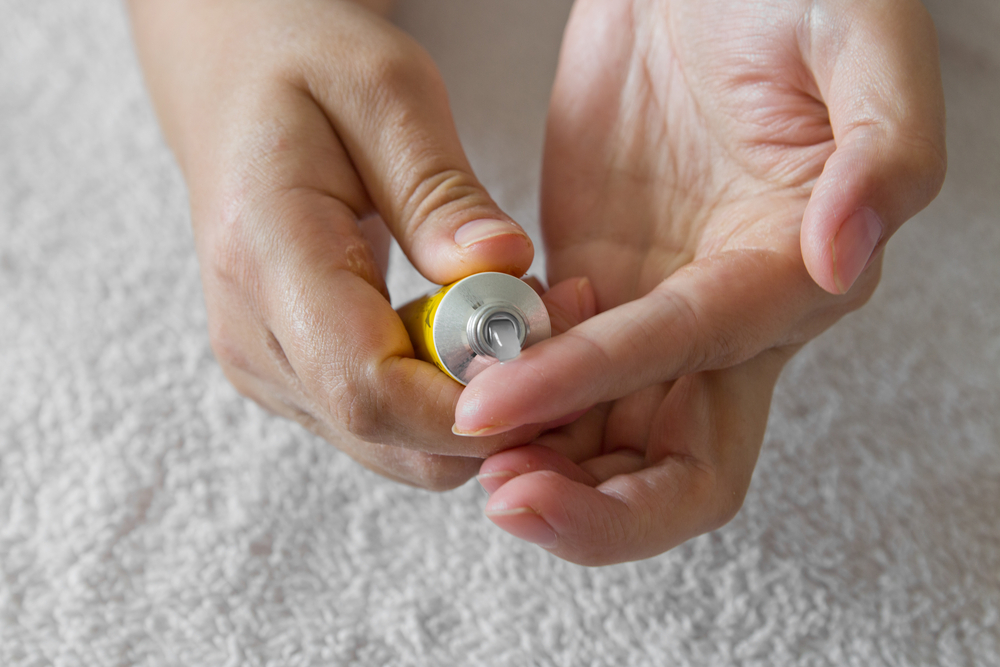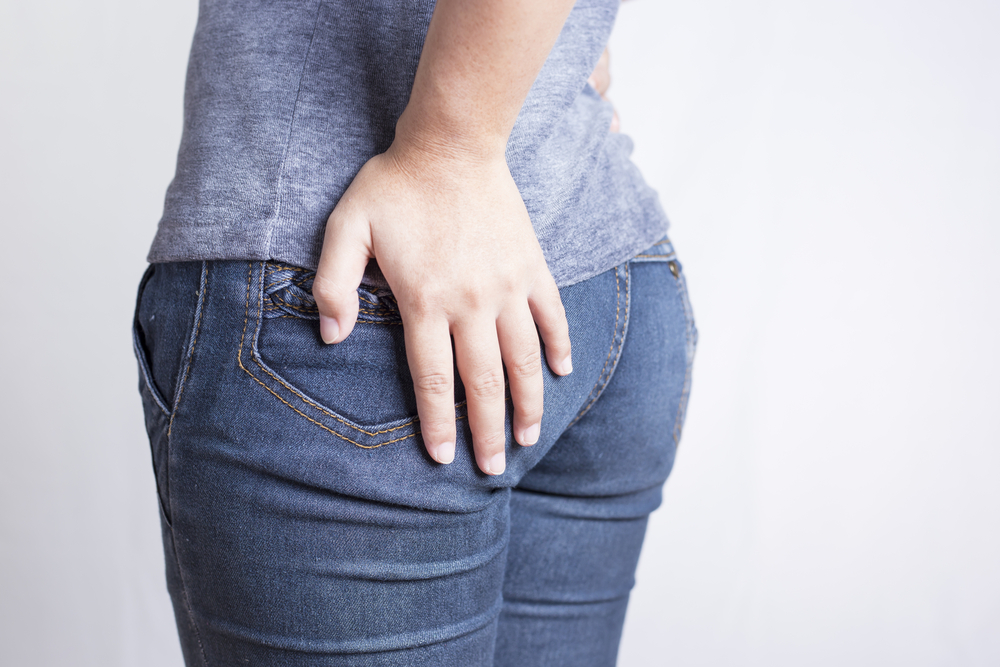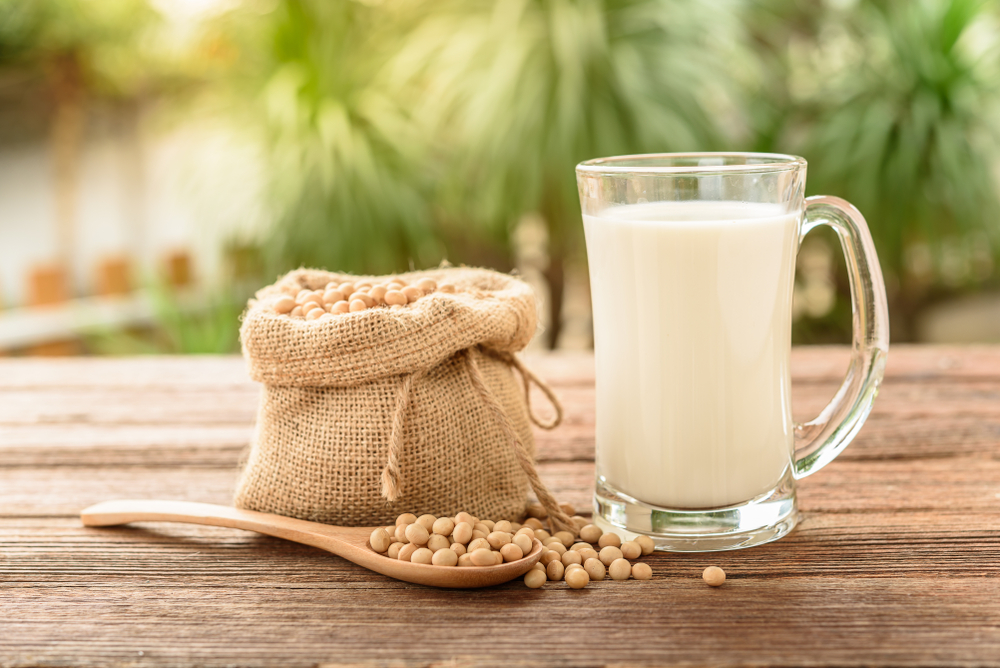Contents:
- Medical Video: شرح أمراض العدوى الجلدية 2018 Dermatological Infections الجزء 1 د. محمود سويلم
- Difference between psoriasis and leprosy
- 1. Causes of disease
- 2. Symptoms on the skin
- 3. Mode of transmission
- 4. Complications caused
- 5. Treatment done
Medical Video: شرح أمراض العدوى الجلدية 2018 Dermatological Infections الجزء 1 د. محمود سويلم
Psoriasis and leprosy cause lesions on the skin, namely skin tissue that grows abnormally, both on the surface or under the surface of the skin and other similar symptoms. However, both are different diseases so the treatment to be done is different. To find out more about the two diseases, see the following review.
Difference between psoriasis and leprosy
Here's the difference between psoriasis and leprosy:
1. Causes of disease
Psoriasis is caused by a chronic immune system disorder that speeds up the buildup of skin cells. T cells which are part of the immune system that experience abnormalities that work abnormally. This cell is wrong, thinking there is inflammation in the body due to infection, even though it really isn't there. This causes the production of excess skin cells as if to heal wounds or fight infections. The skin will peel faster in just a few days, even though the normal skin turnover cycle is around one month or when the wound actually does occur.
Meanwhile, leprosy is caused by bacteria M. Leprosy which attacks the peripheral nervous system. Most of these bacteria survive for a long time; seed and divide in the cells of the human body. In a long time, these bacteria will cause inflammation of the nerve trunk around the skin.
2. Symptoms on the skin
According to Healthline, lesions in leprosy have a brighter color (hypopigmentation) than the surrounding area, similar to phlegm. The area of the skin becomes dry and feels thick. Muscle weakness and nervous breakdown occur in the skin that is smooth; numbness and nerve enlargement. Then, ulcers or open sores appear on the skin at the feet. For lepromatous leprosy, a large lump will appear on the skin.
Psoriasis causes lesions that usually look more like dry skin. The color of the lesion is usually red or purple with silvery white scales. The lesion feels itchy, hot and painful. Sometimes psoriasis can cause your skin to crack and bleed. In addition, the nails will harden and thicken. For psoriatic arthritis, the joints become stiff and swollen. Symptoms that occur on the skin depend on the severity.
3. Mode of transmission
Psoriasis is not a contagious disease because it is caused by a disruption in the person's immune system. This means you will not get infected even if you kiss, have sex, or be in the same pool. However, this disease can occur due to hereditary factors accompanied by triggers, such as the use of drugs, stress, and others.
Unlike leprosy, this disease is contagious. However, transmission of leprosy is not easy and the development of the disease takes a long time. Transmission is believed through the skin and mucous fluid (snot) from the nose, when the patient coughs or sneezes. Healthy people who are often near patients who do not undergo MDT treatment (multidrug therapy) can contract with this disease.
4. Complications caused
Psoriasis can increase the risk of developing diabetes, heart disease, kidney disease, and other autoimmune diseases. Meanwhile, leprosy can cause damage and disability in the body if not treated immediately.
5. Treatment done
Psoriasis cannot be treated, but some medications can relieve the symptoms and severity of inflammation that occurs. Psoriasis treatment must be carried out continuously, including light therapy, drugs, such as anthralin or corticosteroids and immunomodulatory drugs such as enbrel or stelara.
Meanwhile, leprosy can be treated and totally cured as long as patients routinely take MDT antibiotic treatment for 6 months to 2 years. If it is not resolved or the treatment is done irregularly, then the bacteria become resistant to antibiotics and must look for other antibiotics.












